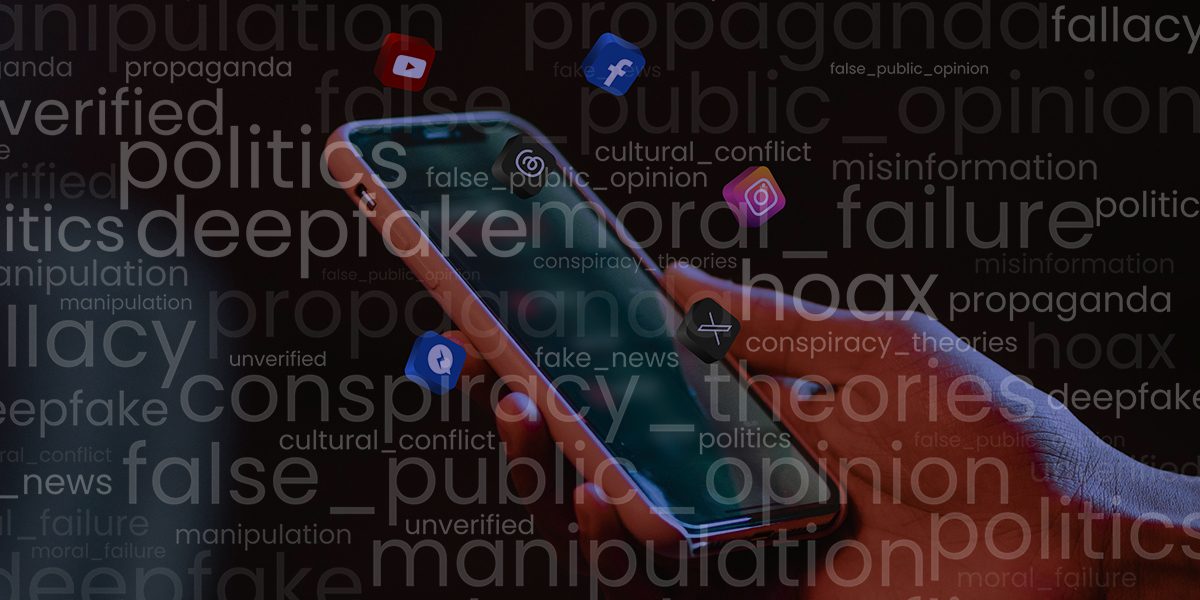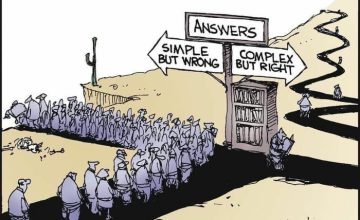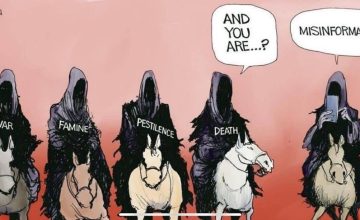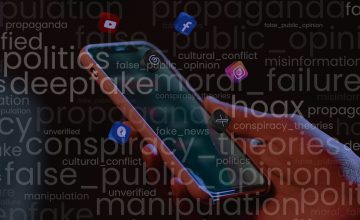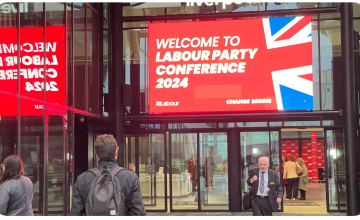On January 7, 2025, Mark Zuckerberg announced that Meta would end its third-party fact-checking program in the United States, replacing it with a “Community Notes” system.This new approach empowers users on platforms like Facebook, Instagram, and Threads to flag potentially misleading posts and provide additional context, shifting the responsibility of identifying misinformation from independent fact-checking organizations to the user community. Zuckerberg emphasized that this move aims to prioritize free expression and reduce mistakes created by complex content moderation systems.
This decision has drawn mixed reactions from experts, media professionals, and users. While it may appear as a step towards democratizing content validation, the strategic implications of this move warrant closer scrutiny and the role of quasi official government interventions in the information ecosystem may seem more important than ever.
Meta’s decision to replace third-party fact-checkers with a crowdsourced “Community Notes” system was influenced by several factors, including a commitment to free expression, cost considerations, and political dynamics.
The Opportunity: Empowering Users and Reducing Costs
Meta’s Community Notes model taps into the wisdom of the crowd, allowing users to flag misinformation and append context to posts. This approach aligns with Meta’s vision of creating an open, user-driven platform.
Strategically, it offers two immediate advantages:
● Cost Efficiency: Employing professional fact-checkers is resource-intensive. By leveraging the crowd, Meta significantly reduces operational costs.
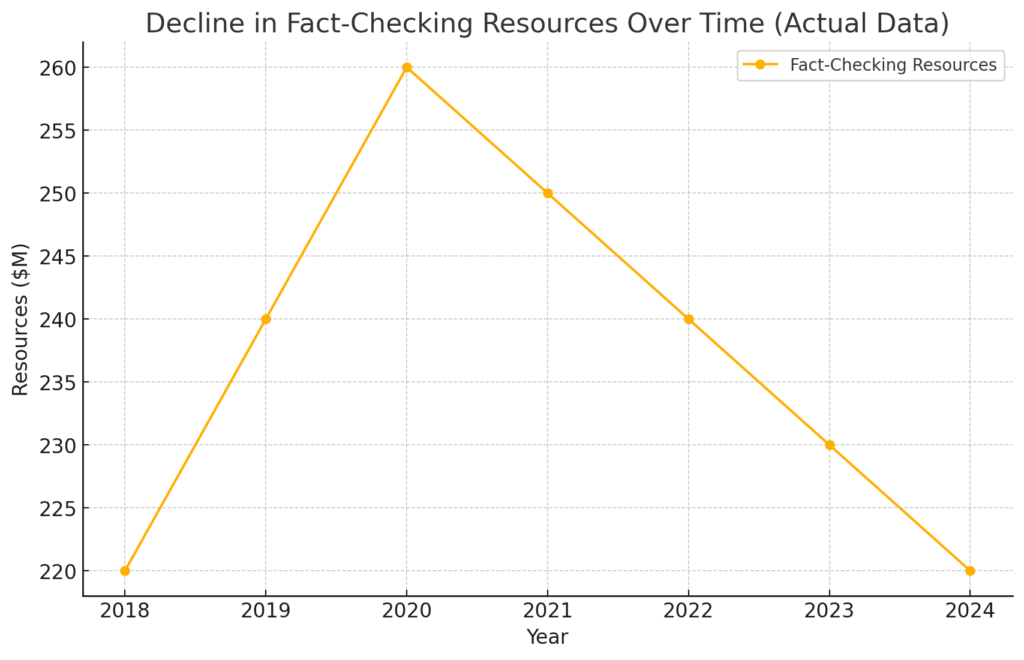
Decline in Fact-Checking Resources Over Time: This graph illustrates the slight decline in estimated resources allocated to fact-checking, highlighting the growing challenge of combating misinformation with limited resources. Source : Research Briefings
● Decentralization: Community Notes shifts responsibility from centralized bodies to the user base, potentially increasing transparency and user trust in the moderation process.The model also positions Meta as a champion of free speech, deflecting criticisms that professional fact-checking systems often reflect institutional or political biases.
The Challenge: Credibility and Risk Management
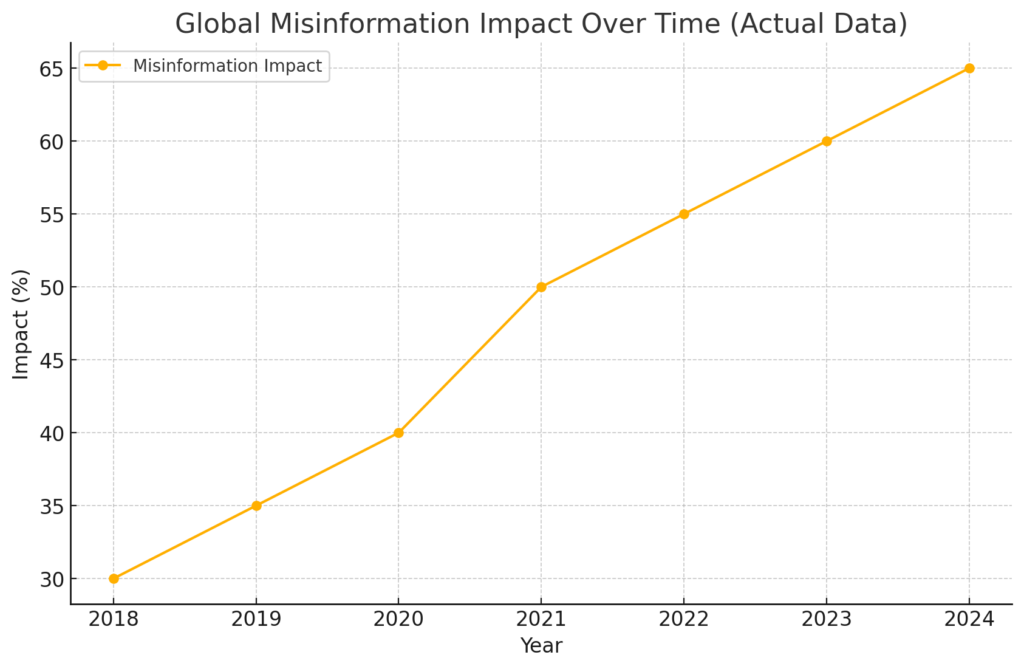
Global Misinformation Impact Over Time: The graph shows a steady rise in the percentage of the global population impacted by misinformation, reflecting its increasing significance as a global risk.
Misinformation remains one of the greatest challenges of the digital age, influencing everything from public health to democratic processes. Community Notes is an innovative approach that relies on user contributions to counter false narratives. However, its effectiveness hinges on several factors:
● Credibility Gaps: Crowdsourced information is only as reliable as the users contributing to it. Without stringent oversight, the platform risks becoming a battleground for competing narratives.
● Echo Chambers: Users are often influenced by groupthink and may amplify misinformation instead of mitigating it. This is especially problematic in polarized regions where verification becomes subjective.
● Quality of Contributions: The accuracy of information added by users is directly tied to their knowledge, biases, and motivations. Without proper checks, Community Notes could amplify, rather than mitigate, misinformation.
● Users often struggle to discern credible sources from unreliable ones, especially in complex or controversial subjects like climate change, vaccine safety, or geopolitical conflicts.
● Global Variations: In multilingual and multicultural contexts, ensuring the availability of accurate, localized information is a daunting task.
● Legal and Reputational Risks: Meta may face backlash for failing to manage harmful or false information effectively, particularly in matters of public health or political elections.
Given these challenges, ensuring the right kind of information is available through Community Notes is critical. This requires not only platform-driven efforts but also strategic interventions from governments and other authoritative bodies.
The Role of Governments in a Crowdsourced Model
Meta’s decision to replace professional fact-checkers with the crowdsourced Community Notes system has sparked a global conversation about the future of information integrity. While the shift empowers users to evaluate and provide context to potentially misleading content, it also raises significant concerns about ensuring the right kind of information reaches the public. In this new model, governments and quasi-official bodies have a unique opportunity to play a proactive role in safeguarding information accuracy while respecting the principles of free expression.
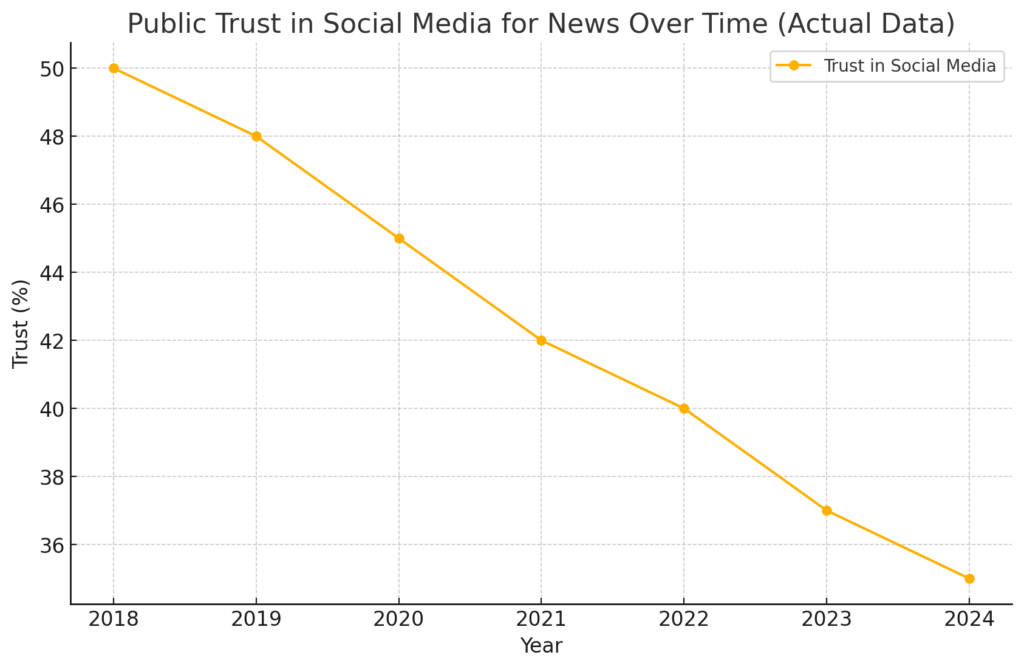
Public Trust in Social Media for News Over Time: This graph highlights the decline in public trust in social media as a reliable source of news, emphasizing the need for transparent and accurate information.
The Role of Governments in Enhancing Information Accuracy
Governments, as stewards of public welfare and policy, can play a pivotal role in ensuring the success of Community Notes. Their involvement, however, must strike a delicate balance between providing authoritative guidance and avoiding undue influence on free expression.
1.Promoting Authoritative Sources
Governments can collaborate with Meta to establish a list of authoritative sources that users can refer to when contributing to Community Notes. These sources could include:
•Official government websites and publications.
•Reputable academic and research institutions.
•Verified non-governmental organizations (NGOs) with subject-matter expertise.
This approach helps guide users toward credible information without imposing rigid controls, fostering a more informed and constructive discourse.
2.Providing Timely and Accessible Communication
Governments can proactively release accurate, easy-to-understand information on critical issues through their official channels. For instance:
•In the event of a public health crisis, governments can issue verified updates on vaccines, treatments, and safety protocols.
•During elections, they can provide clear guidelines on voting processes and counteract misinformation about electoral fraud.
By ensuring this information is readily available and shared widely, governments can preempt misinformation and reduce the burden on Community Notes contributors to fact-check complex topics.
3.Training and Educating Users
Digital literacy is essential for the success of any crowdsourced moderation system. Governments can launch campaigns to educate citizens on:
•How to evaluate the credibility of sources.
•The importance of distinguishing between opinion and fact.
•How to contribute effectively to Community Notes.
These initiatives can be implemented in schools, workplaces, and community centers, empowering users to participate responsibly in the moderation process.
4.Establishing Independent Oversight Bodies
To maintain trust in the Community Notes system, governments can advocate for independent, multi-stakeholder oversight bodies. These entities would:
•Review contentious cases of flagged misinformation.
•Provide guidance on best practices for user contributions.
•Monitor the overall effectiveness of the system.
By ensuring that such bodies are inclusive and transparent, governments can enhance public confidence in both the platform and the information it promotes.
Challenges and Safeguards
While government involvement in Community Notes has clear benefits, it also presents risks. Overreach, politicization, or attempts to manipulate the system could undermine its credibility. To address these concerns, several safeguards should be implemented:
1.Transparency in Interactions: Governments must disclose their involvement with Meta and other platforms, including the nature and frequency of their communications.
2.Strict Limits on Content Moderation Requests: Governments should avoid making direct requests to flag or suppress specific content, focusing instead on promoting accurate information.
3.Public Accountability: Regular reports on the impact of government initiatives on Community Notes should be made available, ensuring accountability and fostering public trust.
A Collaborative Path Forward
The fight against misinformation is not one that any single entity can win alone. Governments, tech platforms, and civil society must work together to create an ecosystem that prioritizes accurate, accessible information. For governments, this means embracing a proactive yet principled role in supporting initiatives like Community Notes.
In practical terms, this collaboration could include:
•Jointly developing frameworks to identify and prioritize high-risk areas for misinformation, such as health crises or elections.
•Funding research on the efficacy of crowdsourced moderation and sharing insights to improve the system.
•Supporting multilingual and culturally sensitive adaptations of Community Notes to serve diverse populations.
Strategic Communication Implications
Meta’s decision signals a shift in its crisis communication strategy:
Proactive Framing: By presenting Community Notes as a tool for user empowerment, Meta can position itself as a facilitator of constructive discourse rather than an authoritarian regulator. This can also include the involvement of Governments to ensure accurate information dissemination in matters of Public health, security and Advisory.
Continuous Engagement: Meta must invest in educating its users about how Community Notes work, ensuring clarity and accessibility across languages and cultures.
Crisis Preparedness: The company should develop robust mechanisms to address major misinformation outbreaks swiftly, with fallback measures that demonstrate accountability.
Recommendations for Stakeholder Management
● Internal Communication: Meta must align its teams globally, ensuring employees understand the rationale and mechanics of the new model to address concerns consistently.
● Engaging Governments and Regulators: Proactively communicating the benefits of Community Notes while addressing regulatory concerns will be key to avoiding legal entanglements.
● Community Building: Meta should cultivate a network of trusted contributors who can serve as moderators, creating a balance between professional oversight and user-driven input.
Conclusion
Meta’s pivot to Community Notes reflects a bold step toward democratizing content moderation, balancing operational efficiency with user empowerment. While this shift signals strategic intent, it also introduces reputational and operational risks that demand a transparent and collaborative approach. Unlike Twitter’s (now X) Community Notes, which often struggles with inconsistencies and bias due to limited safeguards, Meta’s model requires strategic interventions to ensure credibility and fairness. Governments and quasi-official bodies can play a pivotal role by promoting credible sources, educating users, and establishing oversight mechanisms. By fostering collaboration and accountability, Meta can redefine its role in combating misinformation on a global scale while meeting user and regulatory expectations.

